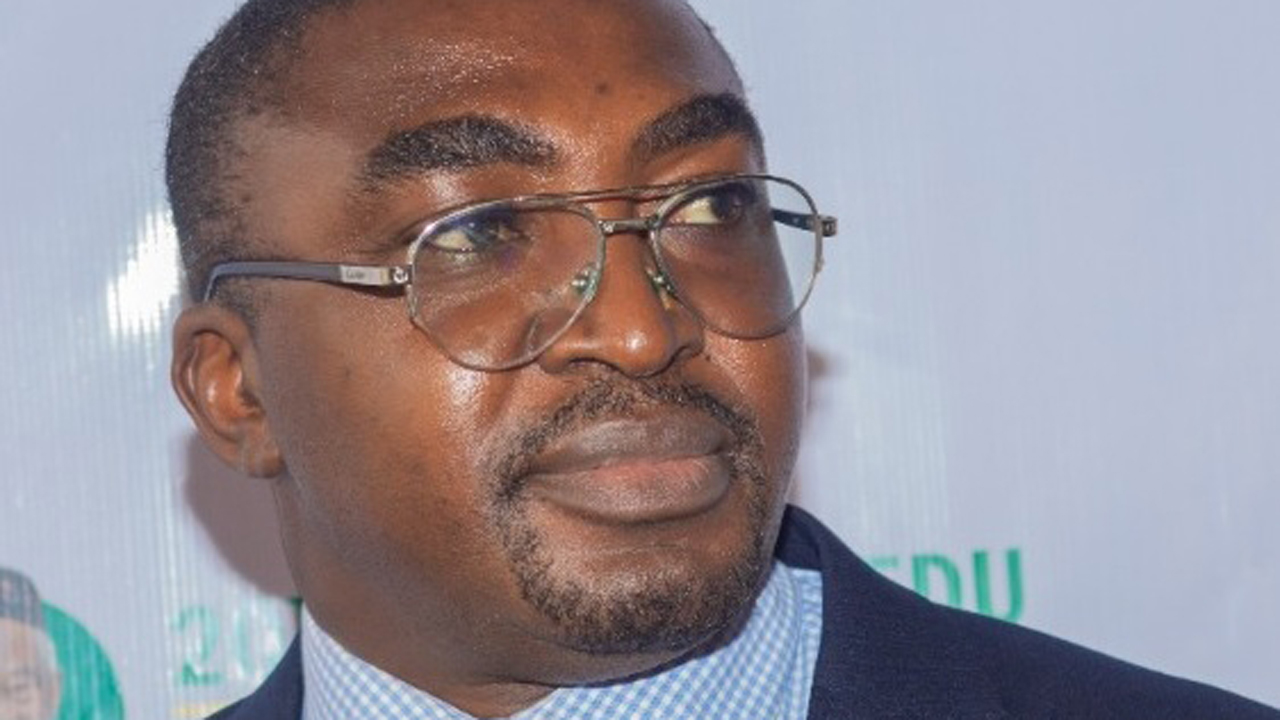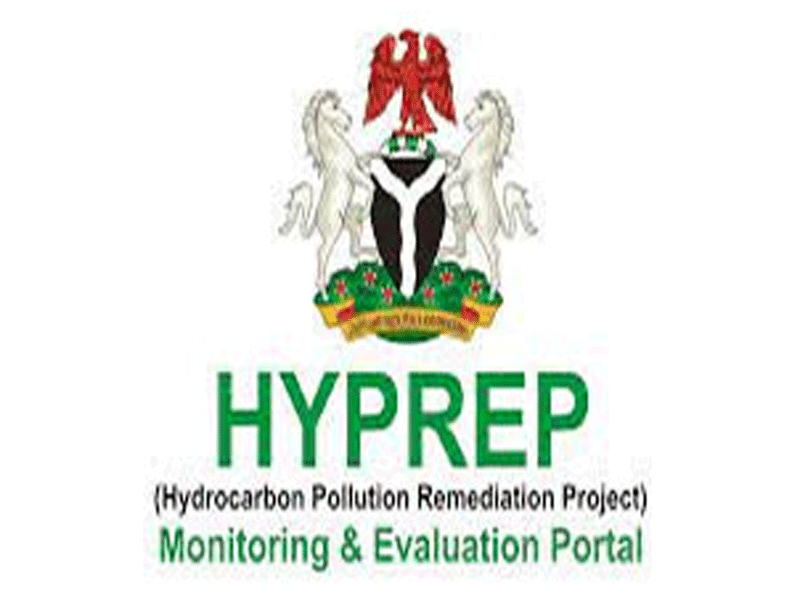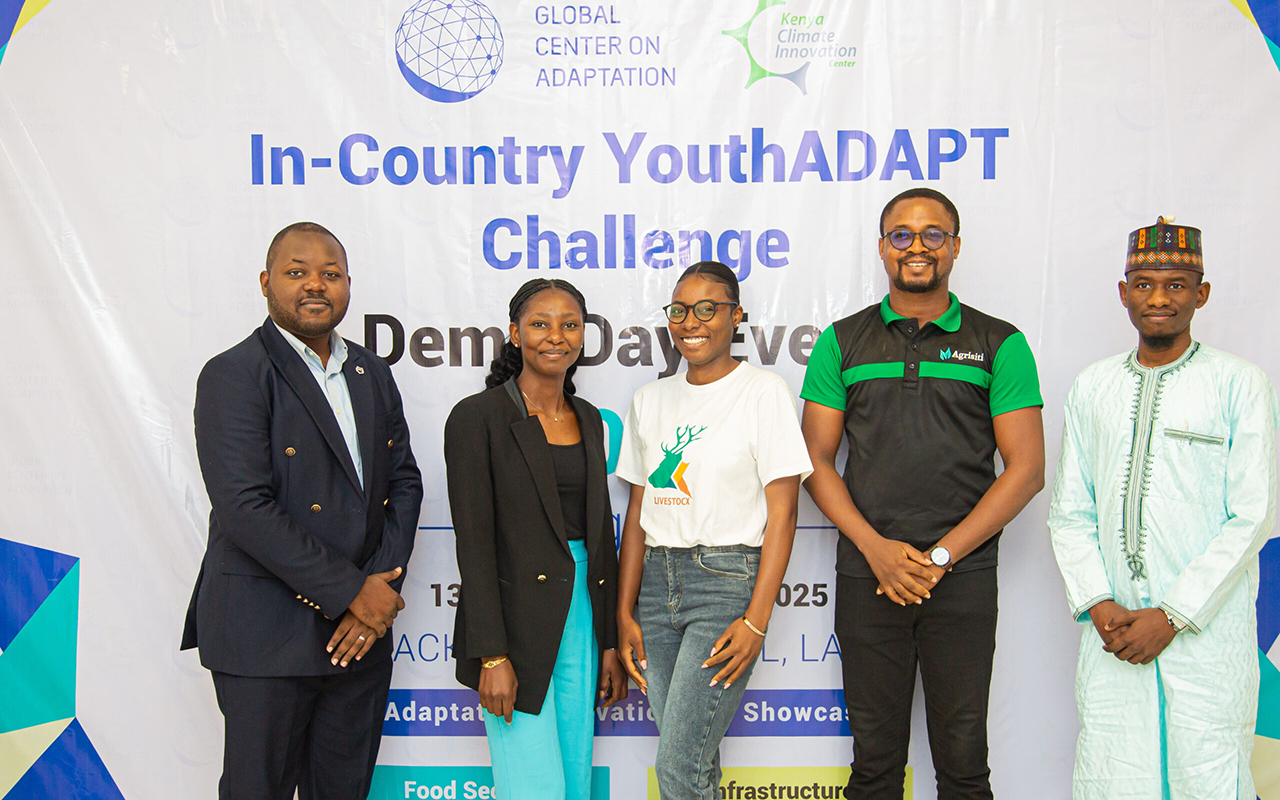AS the global climate crisis intensifies, journalists and editors have been urged to take a more proactive role in promoting environmental sustainability, biodiversity conservation, and climate action.
This call was made during a two-day capacity-building workshop organised by the Nigerian Conservation Foundation (NCF) under the Climate Resilience for Critical Sites for Migratory Birds and People along the East Atlantic Flyway project. The initiative is supported by the International Climate Initiative (IKI) of the German Federal Government.
Held under the theme: ‘Effective Journalism on Conservation and Climate Impacts on Biodiversity and People in Nigeria: Creating a Resilient East Atlantic Flyway (CREAF)’, the training aimed to equip media professionals with tools to enhance public awareness and drive solution-oriented reporting on environmental issues.
Speaking at the event, NCF Director-General, Dr Joseph Onoja, underscored the critical role of journalists in reshaping public opinion and influencing environmental policy. He emphasised that accurate and compelling reporting can foster a society that values nature and understands the urgent need to protect it.
“Climate change has negatively impacted food production in Nigeria,” Onoja noted. “This training is part of our effort to ensure journalists simplify and amplify environmental issues to better engage the public and policymakers.”
Development communicator, Kunle Olawoyin, in a session on Solution Journalism for Climate Mitigation, encouraged journalists to change the narrative from doom-laden stories to stories of hope and innovation.
“Stop painting a picture of doom. People are overwhelmed by bad news. Instead, spotlight what’s working: community-led conservation, climate-smart agriculture, or local innovation. Let the story inspire action,” Olawoyin said.
He highlighted potential story angles such as urban bird sanctuaries, climate-resilient farming, and successful conservation efforts driven by local communities.
A journalist, Esther Omopariola, emphasised ethics in environmental reporting and advocated balanced, fact-based, and human-centred storytelling. “A good climate story is more than just data. It should stir public emotion without being sensational, and it must be factual, fair, and solution-driven,” she said, calling for diversity in sourcing and framing to galvanise real-world impact.






